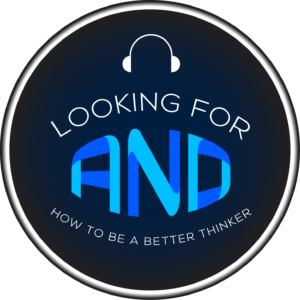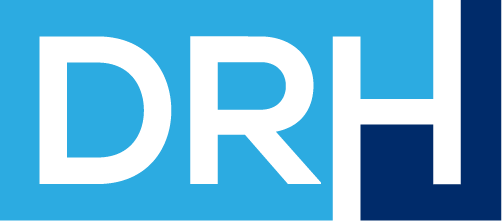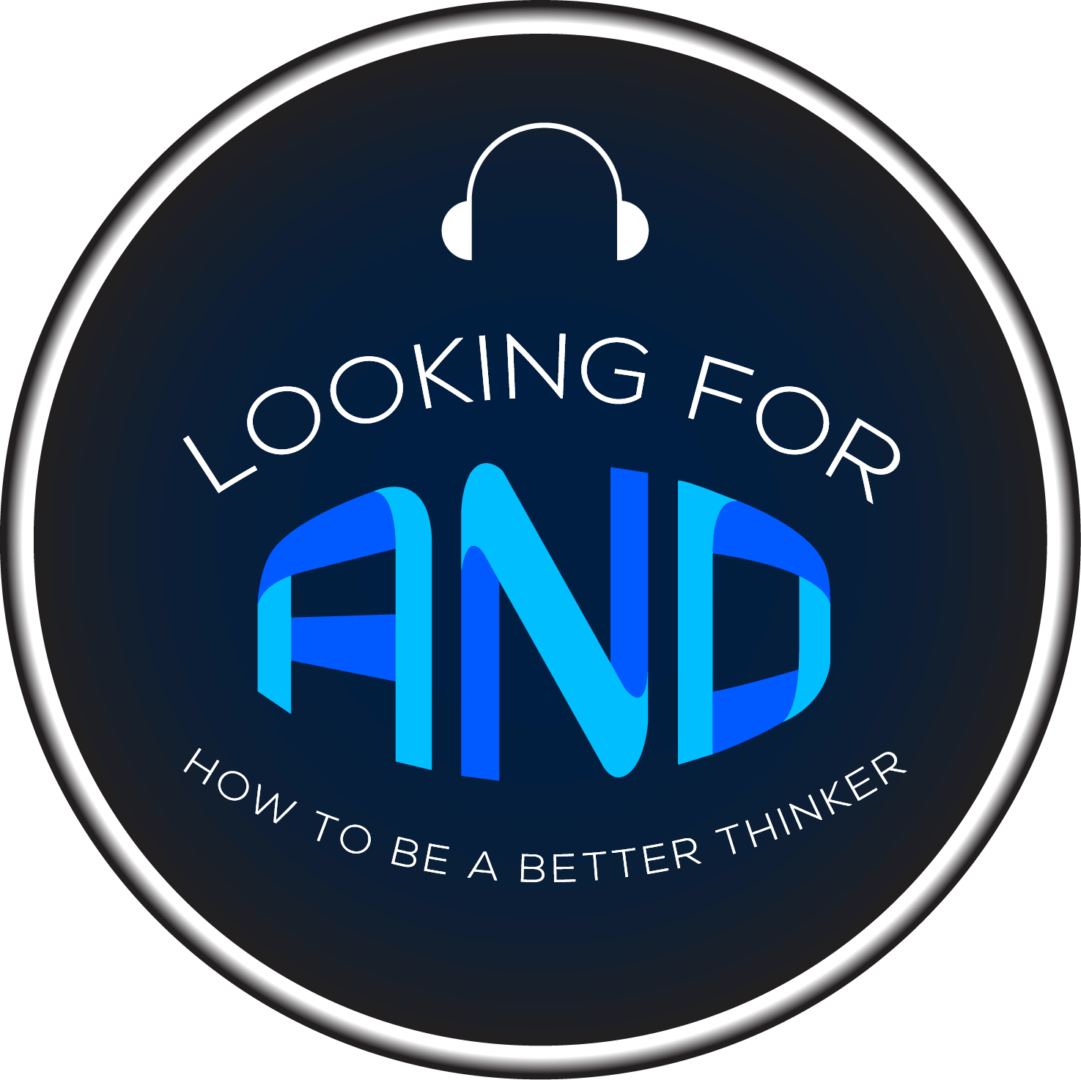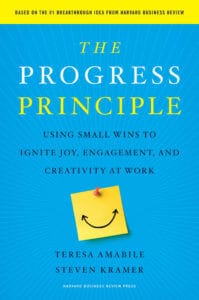Several years ago, a colleague of mine and I were talking about pitching some business together to a potential client. It went something like this…
Doug: “Let’s see if they’re interested in our resilience and communication workshops.”
Brad: “Yes, and… let’s first find out who the decision-maker is and what issues they’re having.”
Brad would pause after saying “and” while using it in many of his sentences. I finally asked him why he was using “Yes, and…” when it felt like he was going to say, “Yes, but…” His reply changed the way that I think about almost every conversation I have, decision I want to make and what is possible for the future of our country.
So, I went looking for “and” when I realized there was a lot more to this word, so I did some intense thinking and started a podcast to enlist some very smart people to help me find it. To narrow the search and keep the podcast focused, I settled on three goals:
and started a podcast to enlist some very smart people to help me find it. To narrow the search and keep the podcast focused, I settled on three goals:
Improve our critical thinking skills – When I was a kid, I thought it would be cool to have a super power like x-ray vision or the ability to fly. Now, I want the super power of making great decisions and seeing life more clearly. Focusing on AND more often helps us avoid the ‘disease of either/or’ and be more open to different ways of thinking.
Begin depolarizing America – Does it feel as crazy to you as it does to me? I grew up in a country where Republicans and Democrats learned how to collaborate and compromise. Today, it’s not uncommon for a politician or political pundit to refer to the competing party as “stupid” or “ignorant.” We’re better than this and my goal is to look for practical, achievable steps we can all take to start a revolution of civility.
Prepare for the future of work – I’ve read various estimates about the number of jobs that will be lost to AI and other forms of automation. Frankly, I’m scared for my kids and those younger than myself. We’ll explore ways that AI can enhance our work and what new opportunities may arise.
And, we are launching with four great episodes, with a new show every two weeks:
- Episode 1 – Brian Emerson – Polarity Management: Brian holds a Doctorate in Human and Organizational Systems which gives him a unique perspective on how organizations tend to solve problems. He argues that often executives are trying to solve issues that are unsolvable. Polarity Thinking is not a new concept AND it is needed more than ever. Brian takes us through the process of Polarity Thinking, when it can be applied and when it’s not the best way to go. If you’re interested in learning more, check out this episode and then sign up for Executive Certificate in Polarities and Paradox at Georgetown University.
- Episode 2 – Michael Gelb – How to Think Like Leonardo da Vinci: Gelb is the author and well sought-after speaker on innovation, creativity and innovation. In this episode, Gelb and I talk about da Vinci’s
 seemingly endless supply of curiosity, his ability to learn and how we can all be more like him. Gelb’s infectious laugh, insightful wisdom and thoughts on depolarization make this a great show.
seemingly endless supply of curiosity, his ability to learn and how we can all be more like him. Gelb’s infectious laugh, insightful wisdom and thoughts on depolarization make this a great show. - Episode 3 – Karen Jaw-Madson – Culture Your Culture: Famed leadership guru and consultant Peter Drucker once said, “Culture eats strategy for breakfast.” Jaw-Madson takes it several steps further with her new book Culture Your Culture – Innovating Experiences At Work. In this episode, Jaw-Madson talks about how an approach that calls upon principles from Positive Psychology can help leaders build organizations that focus on people AND profits. She calls this new type of company, “not just for profit.”
- Episode 4 – Sean Pillot de Chenecey – The Post-Truth Business: Why is trust in major institutions at an all-time low? Pillot de Chenecey answer this question and others in his research-packed book The Post-Truth Business – How to Rebuild Brand Authenticity In A Distrusting World. In a lively interview, he helps us understand how major brands lost our trust and how to get it back. And, his advice on depolarizing the US won’t be well-received by Facebook, Twitter or Instagram…
As Brian Emerson said in Episode 1, “Everyone is accurate and everyone is incomplete.” I hope that you get some clarity, new ideas and a reinvigorated hope for the future when you listen.





